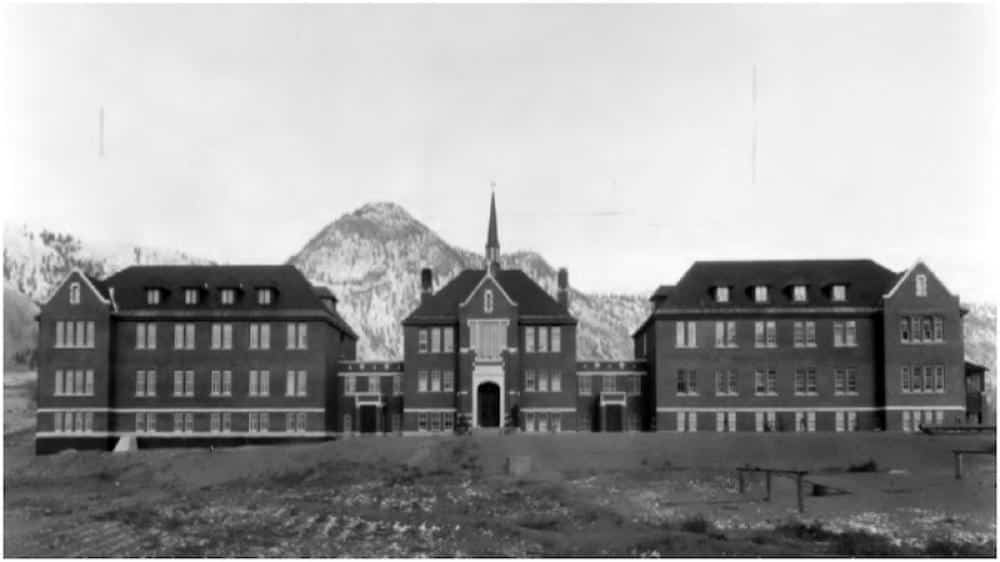Canada discovers kids’ mass grave

The discovery of a mass grave containing the remains of 215 Indigenous children at a former residential school in British Columbia prompted an outpouring of grief as efforts to identify the students began.
Vigils and prayer ceremonies honoring the Kamloops Indian Residential School students took place across British Columbia on Friday, and an impromptu memorial sprung up in Vancouver as mourners laid out a pair of empty children’s shoes for each of the dead. Meanwhile, Canada’s House of Commons fast-tracked a bill that would create a new national holiday commemorating children who died while in residential schools.
The discovery has also prompted renewed scrutiny of the Roman Catholic Church, which operated the Kamloops school from 1890 to 1969.
Nearly 150,000 Indigenous children in Canada were removed from their families between 1883 and 1996 and sent to residential schools where they often faced neglect and abuse. The schools strictly banned Indigenous languages and traditions, and Canada’s Truth and Reconciliation Commission determined in 2015 that their use constituted “cultural genocide.”
It’s unclear what led to the deaths of the 215 children, some as young as 3, whose bodies were found at the former Kamloops residential school. Accidents, fires, and contagious illness all contributed to a high death toll at residential schools, which Truth and Reconciliation Commission has estimated at more than 4,000 children.
Though the Canadian government has formally apologized and paid billions in compensation to the survivors of residential schools, the Catholic Church has yet to issue an apology of its own. Canadian Prime Minister Justin Trudeau went as far as to make a personal appeal to Pope Francis in 2018, but the request was rejected.
Cindy Blackstock, executive director of the First Nations Child and Family Caring Society, told CTV News on Friday that it was time for the church to “really accept full responsibility for reparations to families.”
While the Vatican hasn’t commented on the discovery of the mass grave, local church leaders have expressed sadness about the tragedy that it represents.
“The pain that such news causes reminds us of our ongoing need to bring to light every tragic situation that occurred in residential schools run by the Church,” Archbishop J. Michael Miller of Vancouver said in a statement. “The passage of time does not erase the suffering that touches the Indigenous communities affected, and we pledge to do whatever we can to heal that suffering.”
Tk’emlúps te Secwépemc, the tribal nation that found the mass grave, has said that more bodies may be buried on the school grounds, which have not yet been fully searched. Some experts believe that similar unmarked graves may exist at other former residential schools across Canada, since record-keeping at the schools tended to be spotty.





